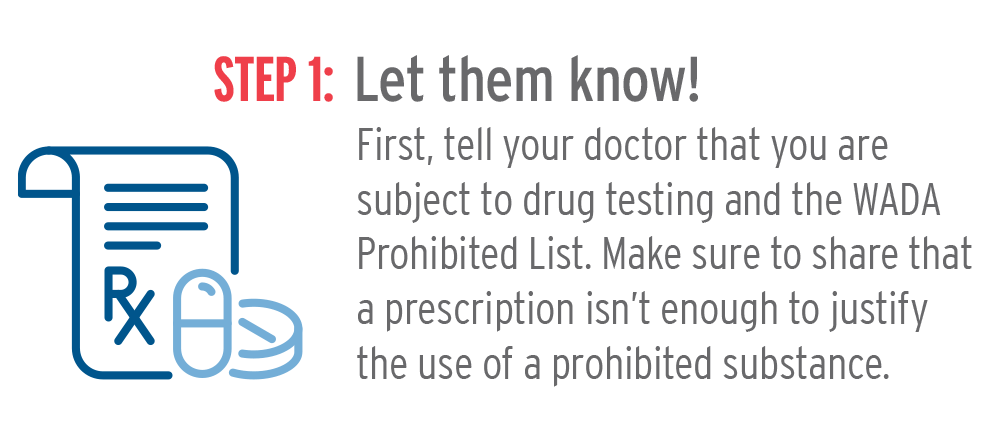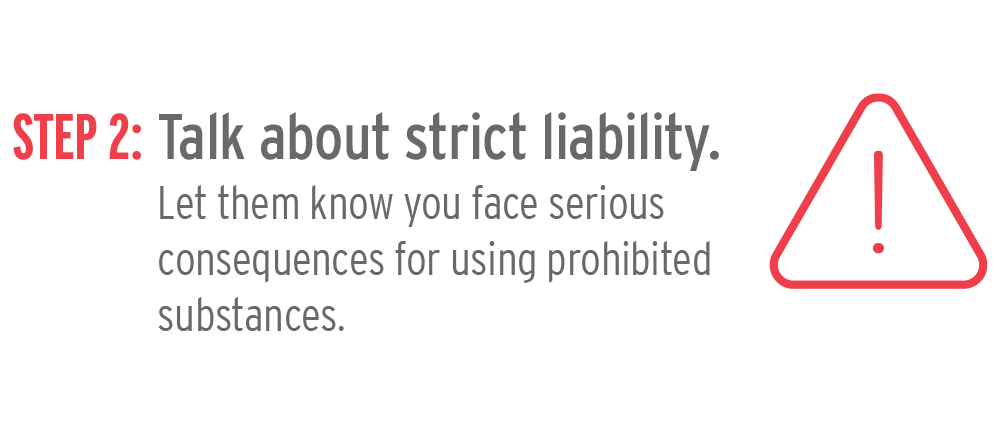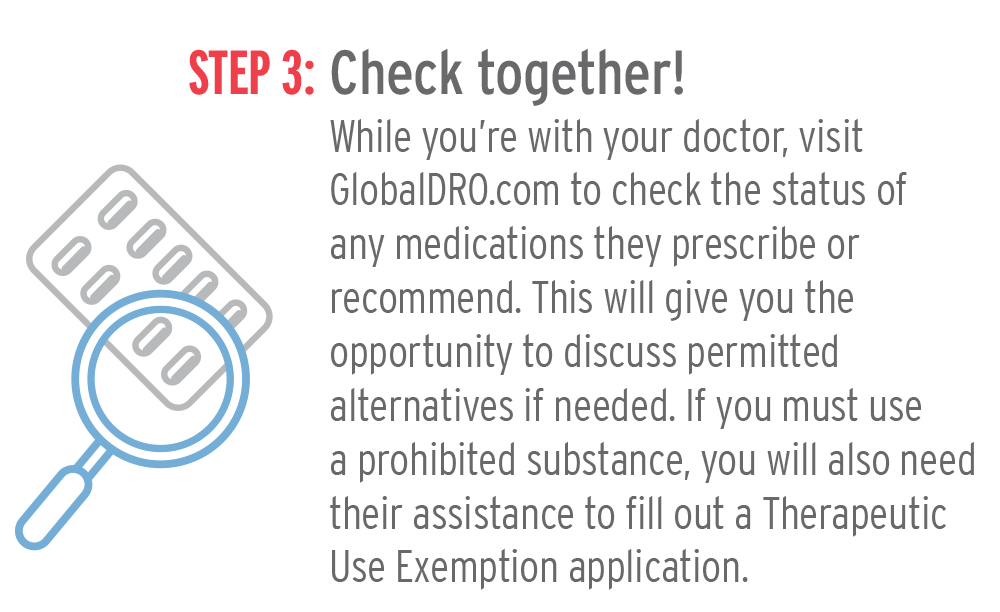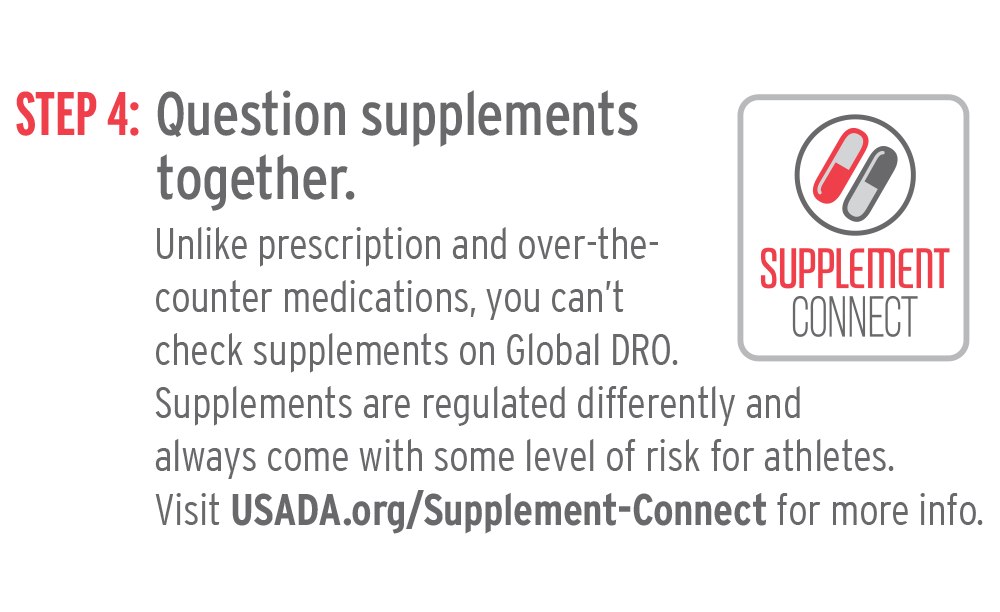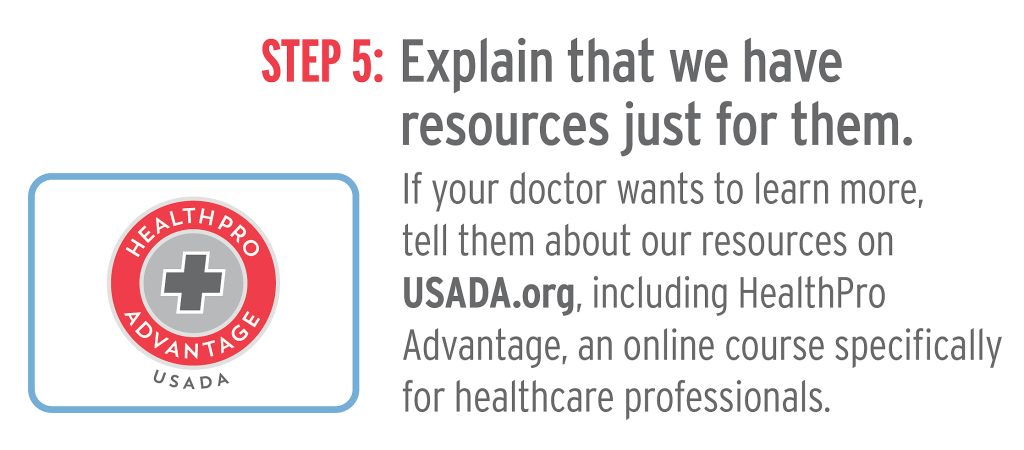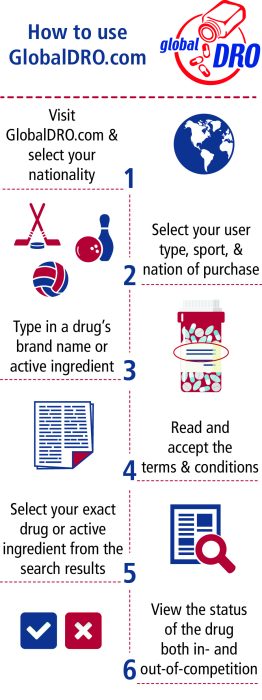
Have you ever accepted a substance without knowing its prohibited status?
It’s easy to assume that someone you trust – a doctor, a coach, a spouse – is going to understand and help you uphold your anti-doping responsibilities. Unfortunately, the trusted people in an athlete’s life are not always going to know or respect the rules as expected. And more importantly, the athlete is ultimately responsible for what goes on and in their body, even if a trusted person gives an athlete a prohibited substance without their knowledge.
So, when you find yourself in situations like these, remember this: Did you check though?
It only takes a few minutes to check medications and ingredients on GlobalDRO.com.

Why it matters: an athlete testimonial
Desmond Jackson thought he could trust his coach. They had been working together for years, developing a bond that felt more like family than professional mentorship. He was led to believe their values were the same.
At the 2021 U.S. Paralympic Track and Field Trials, the 22-year-old Jackson was accompanied by his coach as usual, and his thoughts were consumed by the anticipation of competing in an event where he could finally qualify for the postponed 2020 Paralympic Games in Tokyo. He was in a rush and already feeling the Minneapolis heat when his coach offered him a pill to help with his energy. Jackson took it, no questions asked. What happened that day would change the course of his athletic career and life.
Watch the video to learn more.
tools
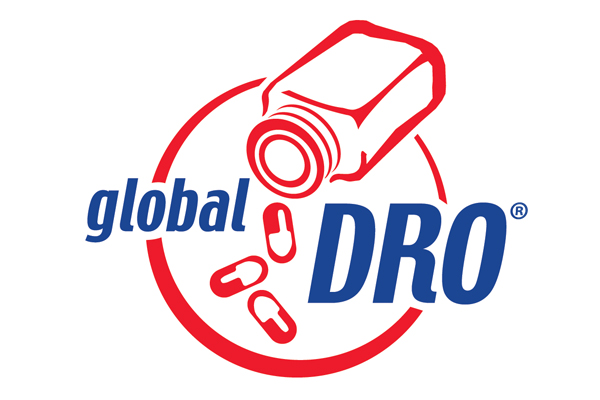
The Global Drug Reference Online (Global DRO) provides athletes and support personnel with information about the prohibited status of specific medications based on the current World Anti-Doping Agency (WADA) Prohibited List.
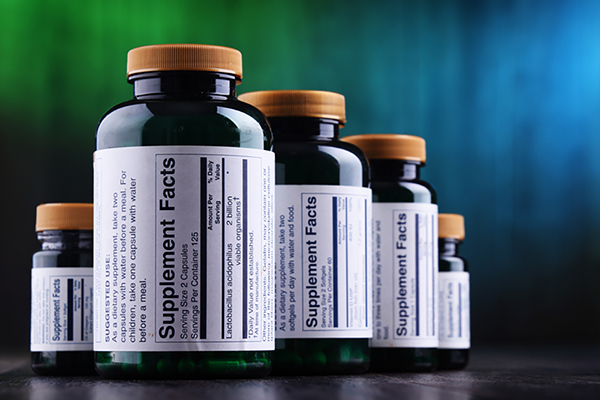
Unlike prescription and over-the-counter medications, you can’t check supplements on Global DRO. Supplements are regulated differently than medications and always come with some level of risk for athletes. Visit Supplement Connect for more info.

An athlete may apply for a Therapeutic Use Exemption (TUE) to use a prohibited medication or method for a specified time period. A prescription alone is not enough to justify a TUE, so athletes need to work with their physicians to provide the required documentation.
TIPS
related articles
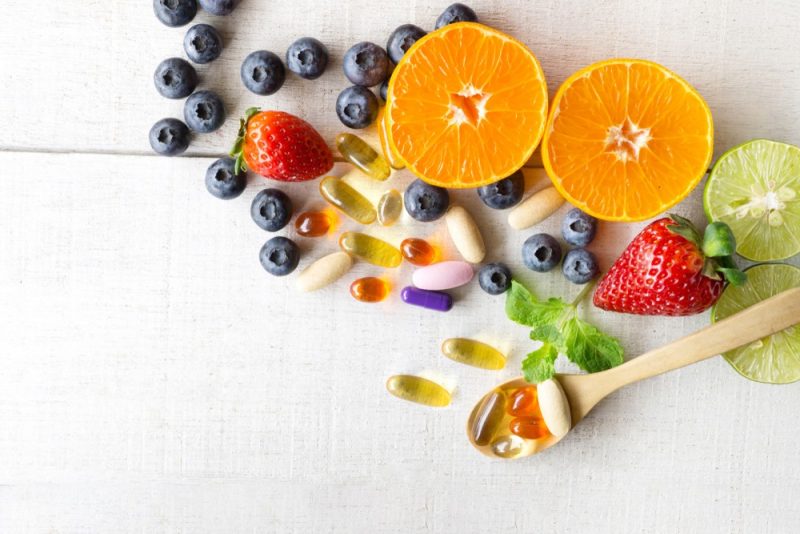
Food v. Supplements: Are foods safer than supplements?
Foods are much less likely to cause a positive drug test than supplements due to the nature of food regulations and the food industry.

How Athletes Can Safely Use Cold and Flu Products
There are many popular over-the-counter products used for everyday ailments that can cause a positive test if used in-competition. More specifically, many cold and flu medications and inhalers contain stimulants that are prohibited in-competition. Read more to learn how athletes subject to anti-doping rules can safely use cold and flu products.

Your Anti-Doping Checklist for Planned and Emergency Hospital Treatments
Use these checklists to address your anti-doping responsibilities before a planned hospital visit, or during and after an emergency visit.
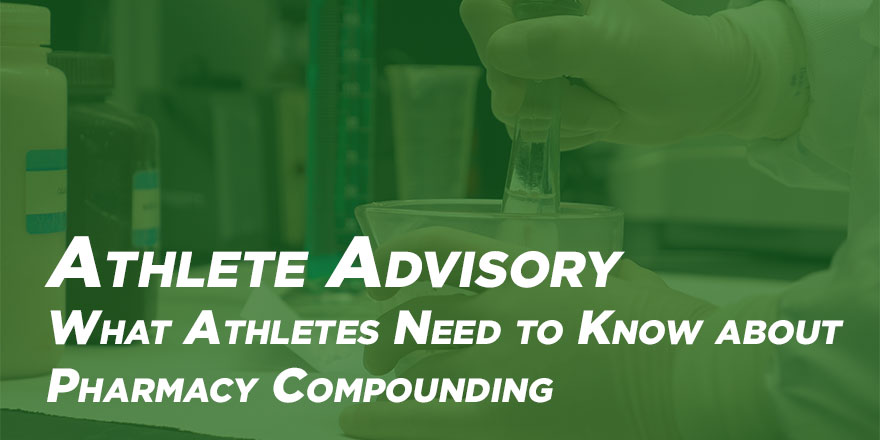
Athlete Advisory: What Athletes Need to Know About Pharmacy Compounding
Athletes who have a prescription for a compounded medication or a compounded supplement should be aware that compounding pharmacies are risky. Compounded products are more likely to be contaminated because they are mixed by hand and there is limited regulatory oversight.
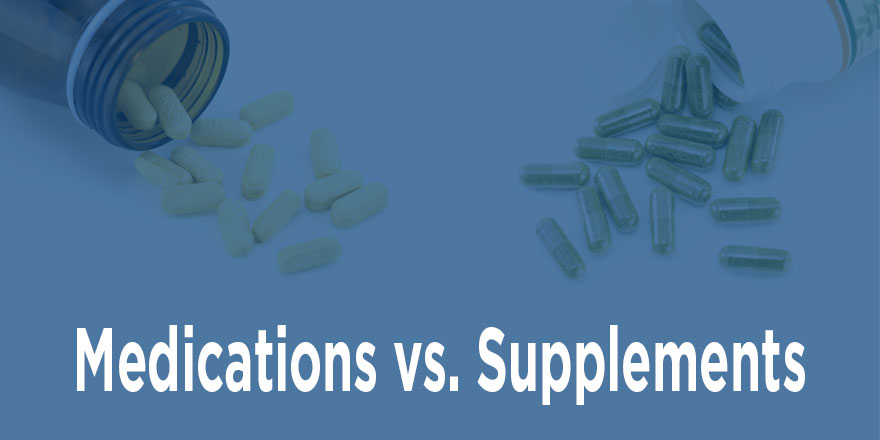
Medications vs. Supplements
Given that they are both used for health purposes, it would be easy to assume that medications and supplements are regulated the same way and produced to the same standards, but unfortunately this is not the case. Unlike medications, supplements are regulated post-market, which means that no regulatory body evaluates the contents or safety of supplements before they are sold to consumers.
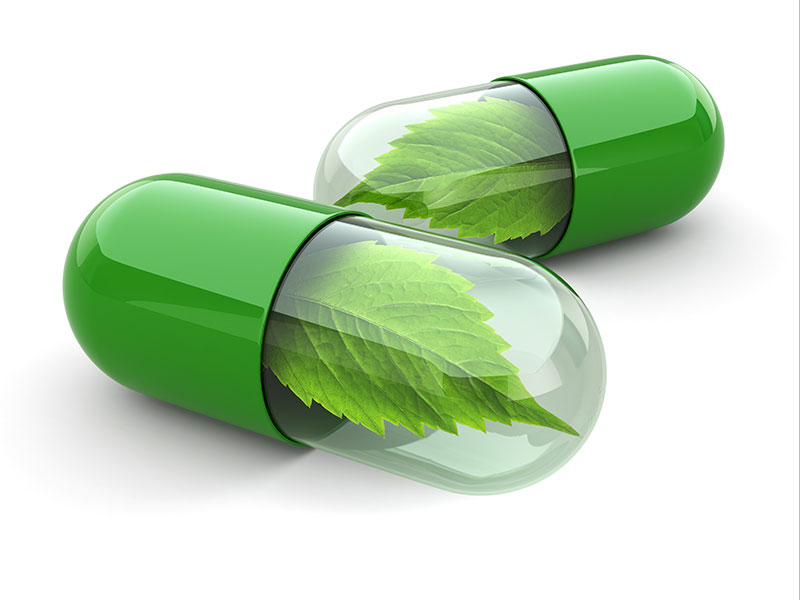
Four Reasons Why ‘All-Natural’ Supplements Might Still Be Risky for Athletes
Here are four reasons why you should be skeptical if you see “all natural” on a supplement label. Educate yourself and visit Supplement Connect.
Return to the Clean Sport Campaign landing page





